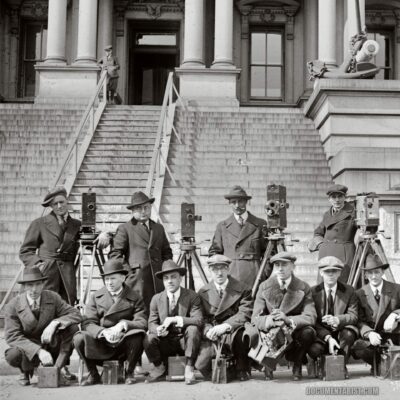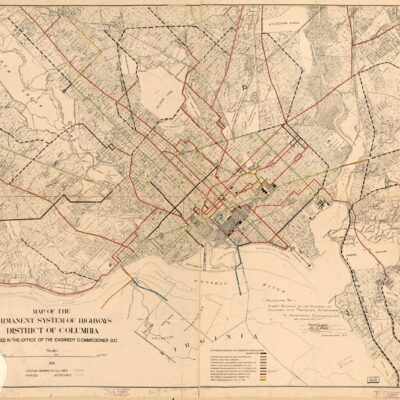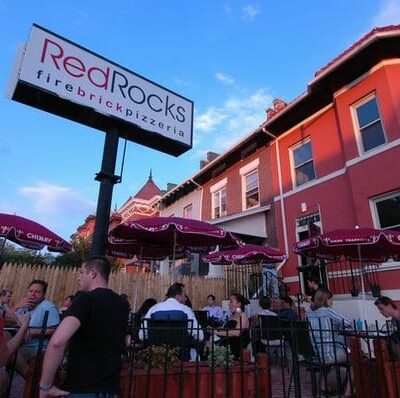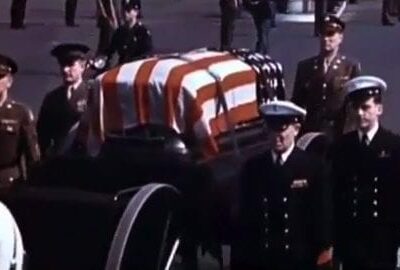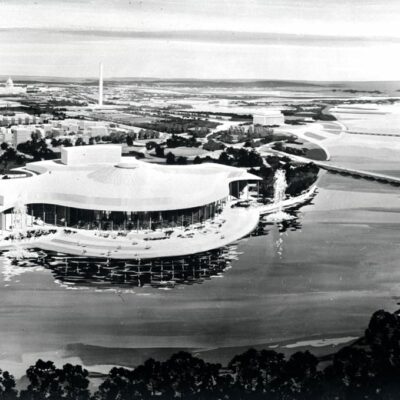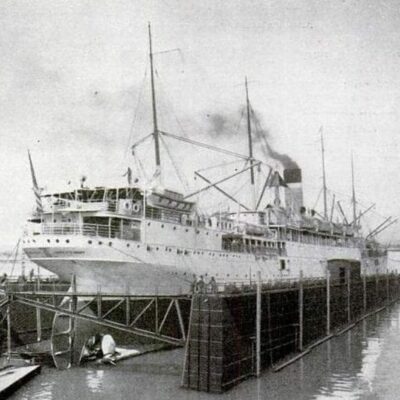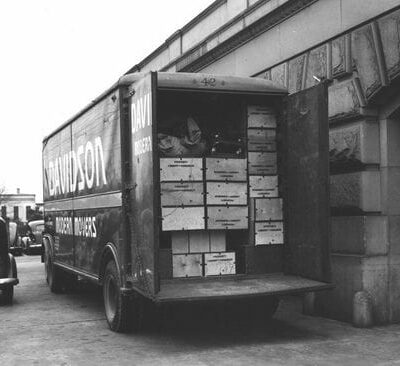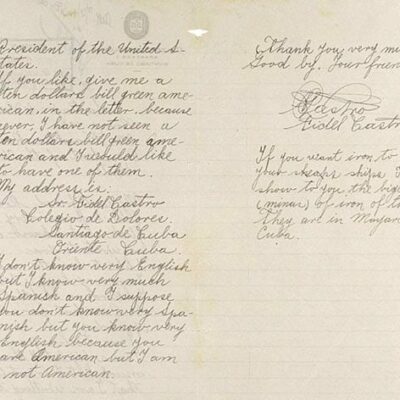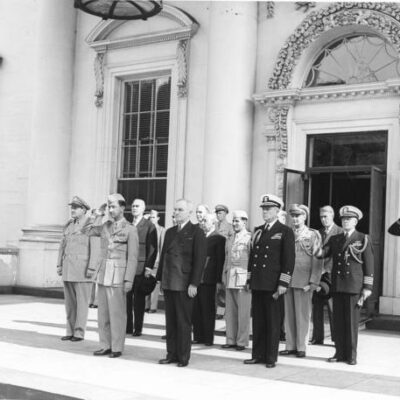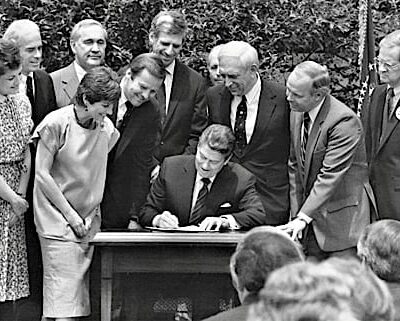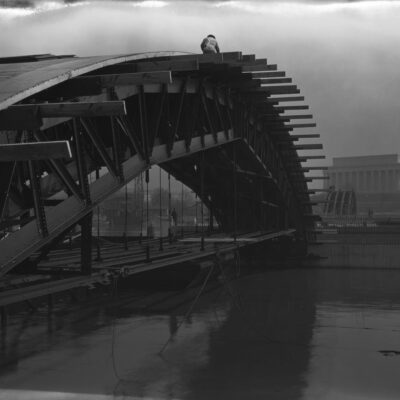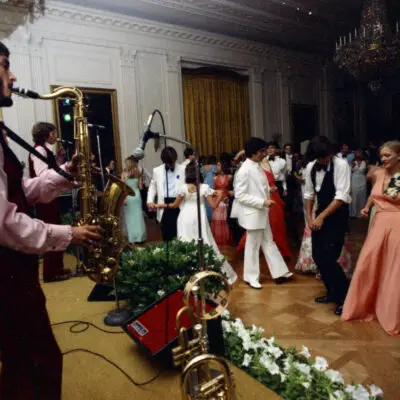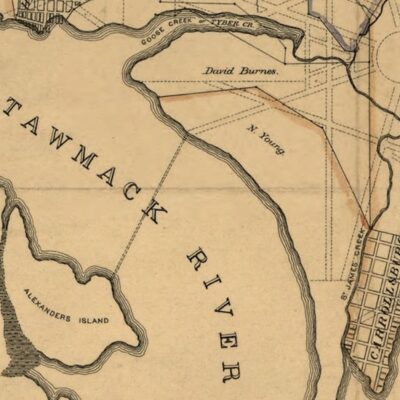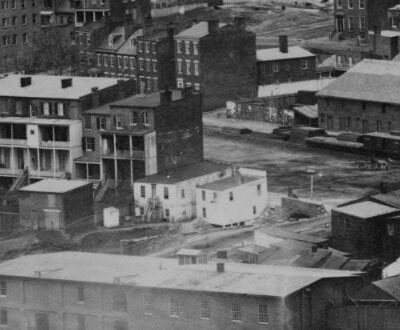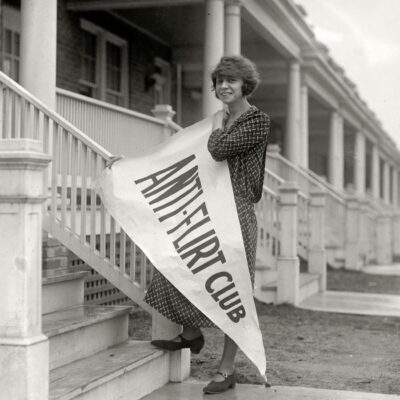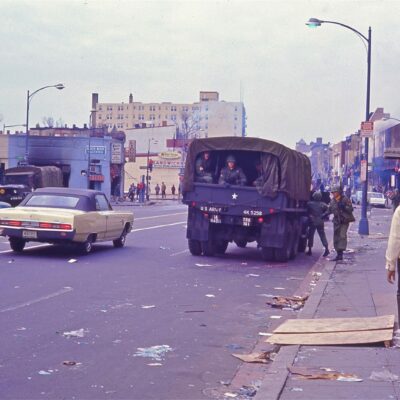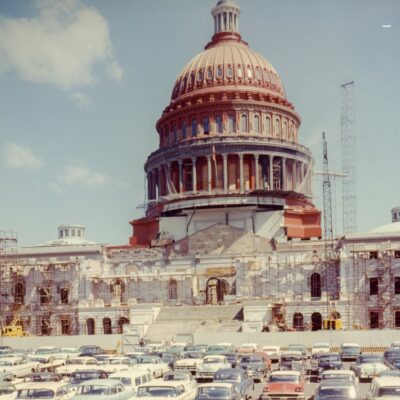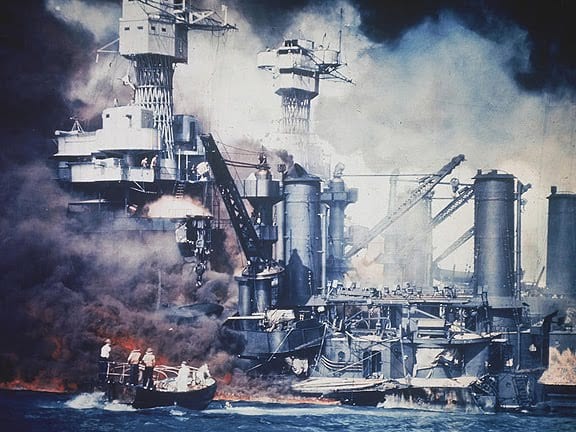
In Washington, late into the evening of December 6th, reporters worked their normal, likely frantic, hours and submitted their articles in time to be published the following morning.
War had been raging in Europe now for two years, but it was still very distant for Americans and those living in Washington. It was the thing they read about in the papers. Sunday, December 7th, 1941 was a regular day in Washington, with front page articles talking about a war far away and the White House’s diplomatic challenges with a country far, far away … Japan.
I was curious to see what the newspapers were focusing on in the days and hours leading up to Pearl Harbor. Our city obviously played an integral role in the attack because the of the ongoing negotiations between our government and the Empire of Japan.
Was the attack on Pearl Harbor a shock to the United States? Yes. Was it totally unanticipated? Not entirely.
Roosevelt’s “date which will live in infamy” speech was justified and a true statement because the attack was indeed a surprise, happening before a true declaration of war between the two countries. But … the two countries had been heading down the path to inevitable war for some time.

The front page of the Washington Post focuses on the failing negotiations between the two countries and two articles are dedicated to the attempt to head off war. The two are a very interesting insight into the dealings of the White House and the President at a time when, in hindsight, war was likely completely unavoidable.
President Roosevelt, in an eleventh-hour effort to stave off war in the Pacific, last night addressed a personal message to Emperor Hirohito of Japan.
The President’s dramatic move was disclosed by the State Department, which simultaneously made public ominous new reports of intensive Japanese military and naval preparations in Indo-China and the strategic Gulf of Siam.
The text of Mr. Roosevelt’s message was not revealed, but the department’s action in linking the announcement of the note to Hirohito with its official reports of the latest Japanese troop concentrations made it unmistakably clear that the President was appealing to the Emperor to call a halt to Japanese moves which might precipitate a general war in the Pacific.
In appealing to the Emperor, revered in Japan as the “Son of Heaven” and traditionally aloof from the day-to-day operations of the Japanese government, Mr. Roosevelt apparently sought to impress the Japanese people, as well as Hirohito, with the gravity of the Far Eastern crisis.
By the time most people in Washington had their coffee, brunch and finished reading the paper, the Japanese attack wave of planes was well on their way and approaching the island of Oahu. At 12:48 p.m. Washington time, bombs were falling on the ships in Pearl Harbor and our country had been plunged into the horrors of the Second World War.
Another article in the Washington Post, by the United press, spoke of the failing negotiations.
Tokyo (Sunday), Dec. 7.–Japan indicated early today that she stands on the verge of abandoning efforts to achieve settlement of the Pacific crisis by diplomatic negotiation at Washington.
At the same time warnings circulated that Soviet Russia–with an estimated Far Eastern army of 840,000–has joined America, Britain, China, Holland and the British dominions in a united front against japan.
The press, bellwether of Japanese opinion, thundered that the moment of supreme crisis was at hand. A government spokesman said japan’s “patience” may be tried only a little longer.
…
The imminent arrival of Maxim Litvinov, new Soviet Ambassador to the United States, at Washington was said to increase the prospect of Russia’s participation in moves against Japan.
Hindsight is easy … but, try and put yourself in the hours before Pearl Harbor, reading these headlines. You were probably worried by what you read, but not so much so that it affected your life significantly. It was very much a war far away from your home. You likely were more worried about a still sputtering economy.
By the end of the day, over 2,400 Americans were dead (only 64 Japanese died) in the worst and deadliest coordinated military attack against our country in history. You went to bed that night very, very worried about world events that very likely would redefine how your life would play out over the next four years.
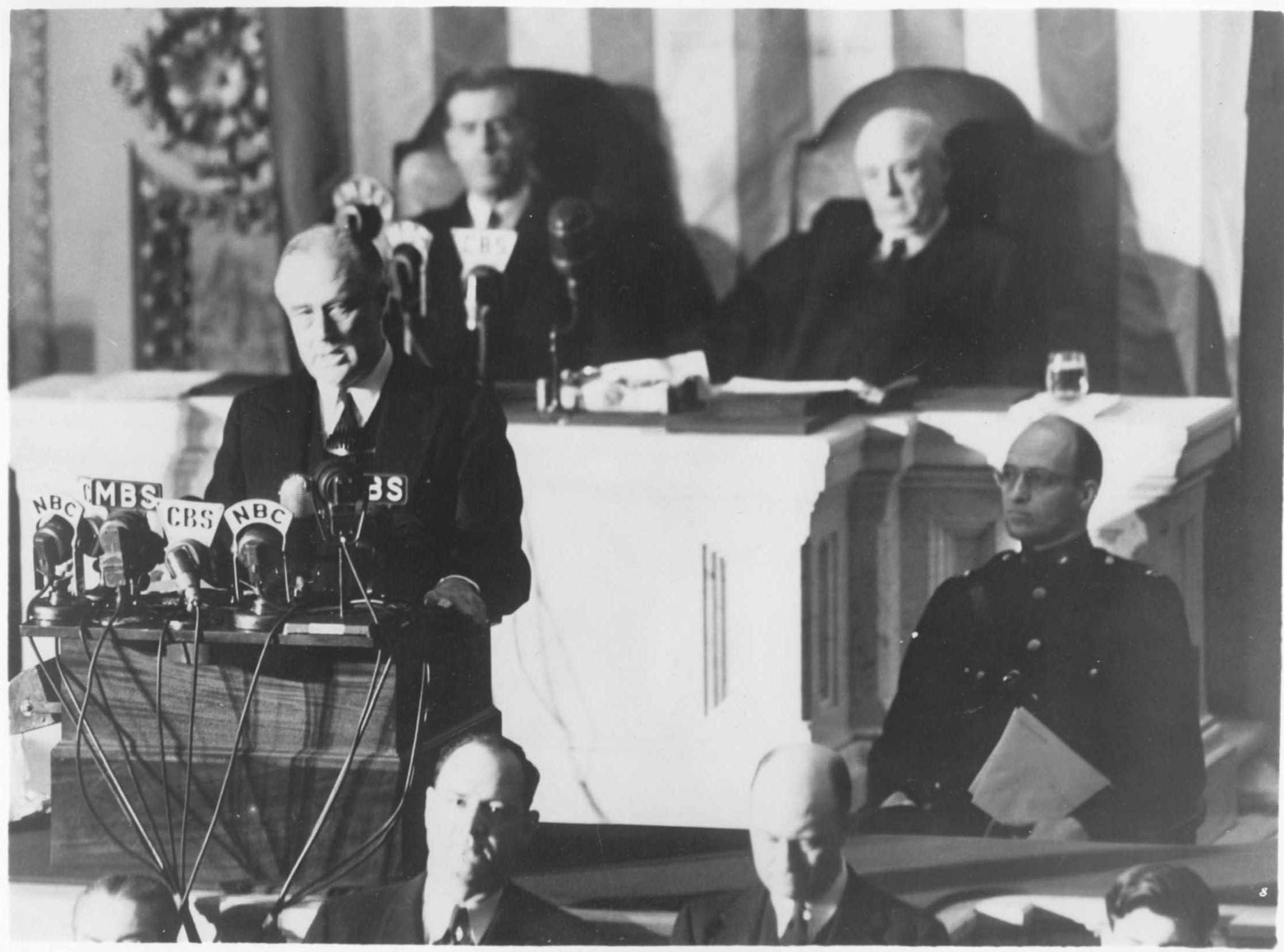
Watch the Roosevelt speech below, delivered the following day, on December 8th. If you haven’t seen it, watch the whole thing.

